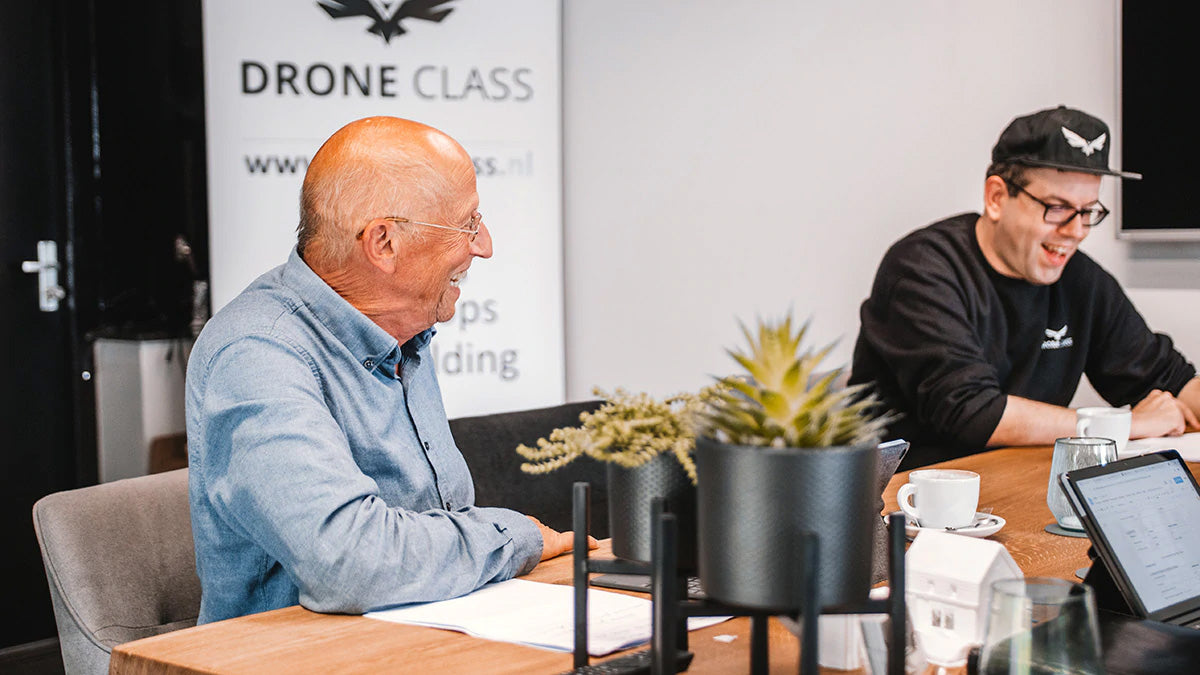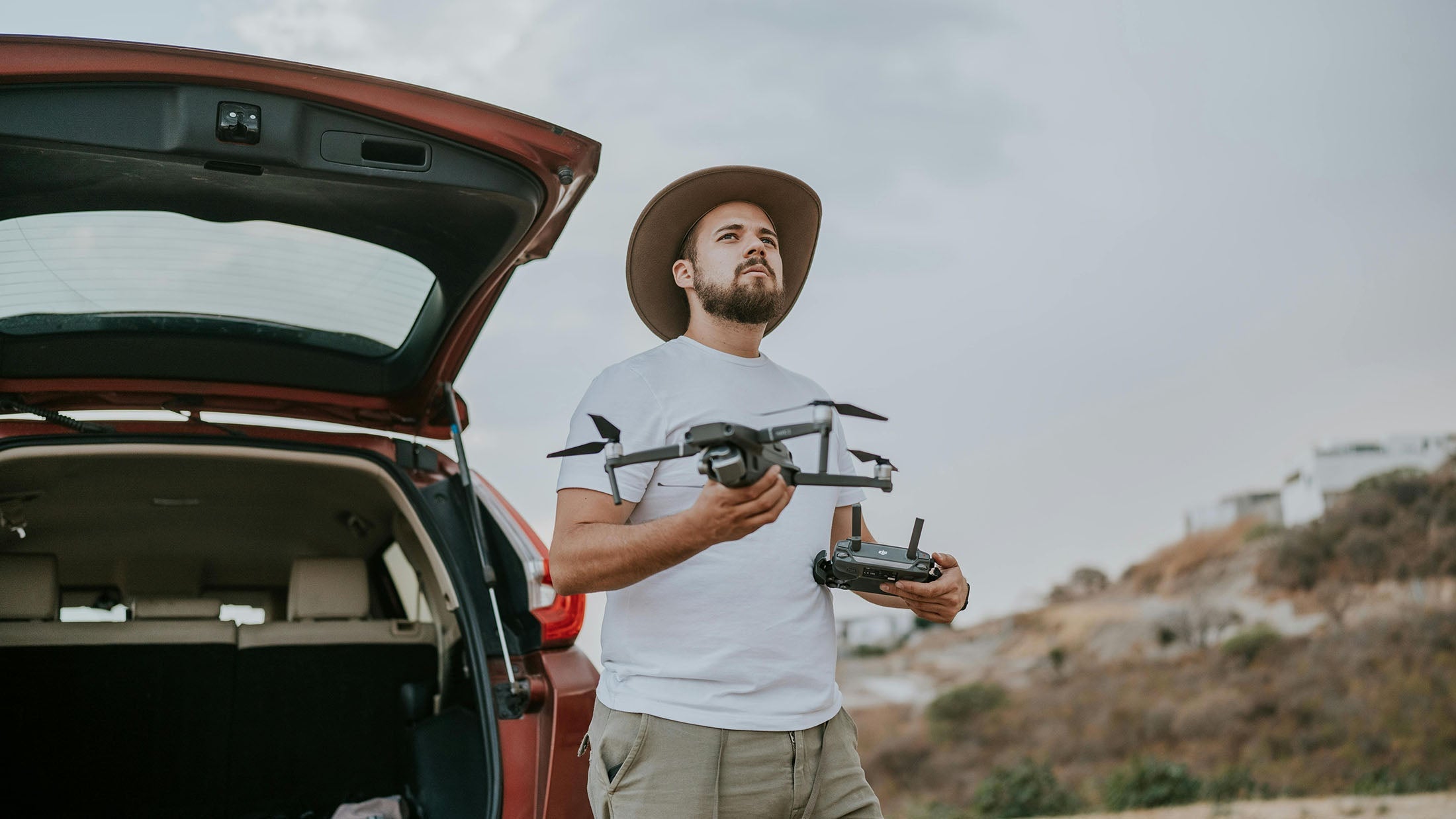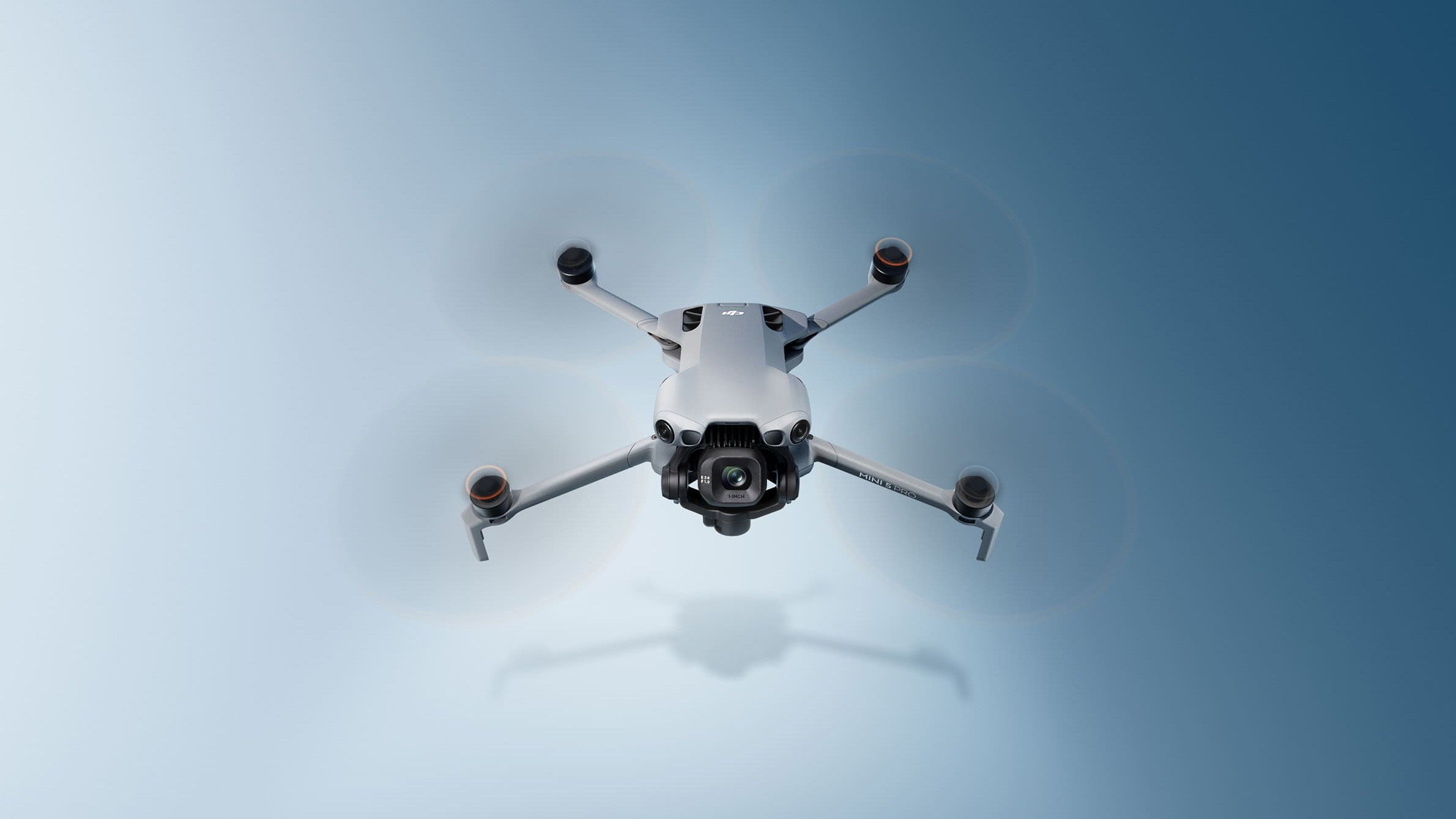Although the new EU rules make more possible, the practice of flying is underexposed and there is no question of a European level playing field.
This blog is an edited version of our article that appeared recently in RPAS: The Global Perspective: Volume I (Systems) - Edition 2.1 - 2022.
Introduction
The implementation of uniform EU legislation on 31 December 2020 has been an impetus for the development of the training sector in the European drone industry. Within this pan-European niche, hundreds of accredited flight schools provide online and physical training for individuals and companies every day. The Dutch training company Drone Class has trained 10,000 participants (online) for the open and specific category in 2021.
Open category
A syllabus in which examination requirements are formulated forms the basis of each training course. After analysing the syllabuses, we see that the A1-A3 course is much more extensive than A2. In the open category, only the A2 online examination must be proctored. During discussions, a distinction is sometimes made between recreational users (A1-A3) and professionals (A2). From a 'recreational to professional use' perspective, it makes sense that A2 should be proctored. From an educational perspective, it is less logical, given the size of both syllabuses and the fact that fewer items have to be examined in the A2 exam. A proctored exam in which recordings are made of the screen and the candidate could be regarded as a relatively stringent examination measure. The question is whether A2 must necessarily contain a high-stakes test. The fourth fact about A2 is that a drone user can declare his own flying skills through a self-declaration. There is no practical exam. That means you can do a quick practice session, not yet having mastered the controls, and still fill out the document.
Specific category
The robustness of this self-declaration may not be an issue for the open category, but with regard to A2, not all CAAs are on the same page. For example the CAA in Italy communicated that this certificate is sufficient to operate in the specific category under a European STS. Although the underlying operations have a low SAIL, it should not be irrelevant to air safety whether you can actually fly the drone. A theory certificate is mandatory for STS, but a practical certificate is missing.
Challenges
Much emphasis is currently placed on studying theory. Both in A2 - through the use of proctored exams and in the specific category. Flight practice (controlling a drone) remains underexposed. Does this situation make operating a drone outside safer? Regulation EU (2020) 639 states concrete practical requirements for STS-01 and STS-02. If you connect this with the derived PDRAs, there can be no other conclusion than that, for almost two years now, there has been a legal basis for establishing a practical certificate for the specific category.
Proposed steps
Two steps are needed to solve these two challenges:
- A thorough evaluation of the mandatory use of proctored exams this fall
- Creating a European practical certificate for the specific category as soon as possible
It should be discussed that in A2 the current way of ‘ensuring’ flight skills is at odds with the application of a high-stakes examination measure to test theoretical knowledge. The two are not in proportion to each other. A practical certificate will increase air safety and prevent an operator from being allowed to do more with a particular certificate in one EASA member state than in another.
Levelling the playing field
The fact that in recent years one European law and regulation has been realised for the use of drones is an achievement that has also benefited flight schools. EASA member states recognise each other's issued certificates, and theory can be offered online. Although the training of pilots is only one of the many areas of focus in remote-controlled aviation, its improvement remains necessary. We need a level playing field between all parties in terms of training requirements to realise the potential of drones in Europe.
Read the full version in English here.





Share:
Drone Class trained 10K drone pilots
10 most beautiful locations in Italy